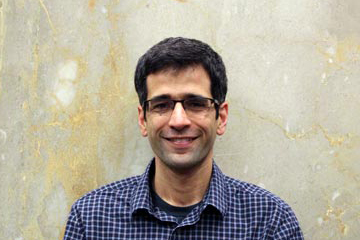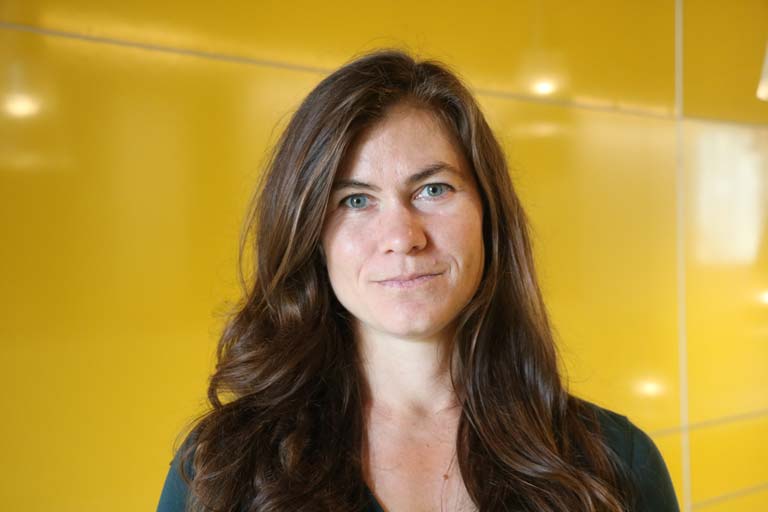Testing multi-stakeholder dialogue for better local governance in Niger: An experiment. Can we talk our way out of development problems?
Date Published
Oct 12, 2021
Authors
Ariel BenYishay, Lisa Mueller, Katherine Nolan, Philip Roessler
Publisher
Development Policy Review
Citation
BenYishay, A., Mueller, L., Nolan, K., & Roessler, P. (2021). Testing multi-stakeholder dialogue for better local governance in Niger: An experiment. Can we talk our way out of development problems? Development Policy Review. https://doi.org/10.1111/dpr.12601.
Abstract
Motivation
Multi-stakeholder dialogues (MSDs) are a popular tool to promote good governance in the global south, but it remains unclear whether they actually bring about the deeper benefits they are designed to achieve, namely better government responsiveness and higher public confidence in political institutions.
Niger is one of the least developed countries in the world and one where citizens consistently report low confidence in government.
Purpose
We test the impact of MSDs on government responsiveness and public confidence in political institutions in Niger.
Specifically, we test whether MSDs in communes focused on education and health improve relations between citizens and leaders, make processes more representative, and increase resources for local service delivery.
We test whether MSDs improve citizen perceptions of government: legitimacy, responsiveness, democracy, and honesty. We test whether they increase citizen participation, including through petitions and messaging.
Methods and approach
Randomized controlled trial and surveys.
Findings
MSDs had virtually no positive impact on any of the 10 tests we conducted, with no appreciable improvements in local political leadership or in citizen engagement with, and confidence in, the state and its services.
The null results may arise from the limited time the MSDs were run, or they may reflect the extremely difficult conditions for better local governance seen in Niger.
Policy implications
The findings, though possibly discouraging for policy implementers, provide a valuable opportunity to contemplate how multi-stakeholder frameworks might be made more effective and whether to prioritize alternative frameworks for democracy and development in countries like Niger.
MSDs may be worth continuing in combination with other interventions, or simply in the interest of an inclusive, ethical approach to development.
Funding Acknowledgement:
Research for this article was supported by the United States Agency for International Development.
Related Publications
Featured Authors
Philip Roessler
Assistant Professor and Director of the Center for African Development (CAD) at the College of William & Mary


